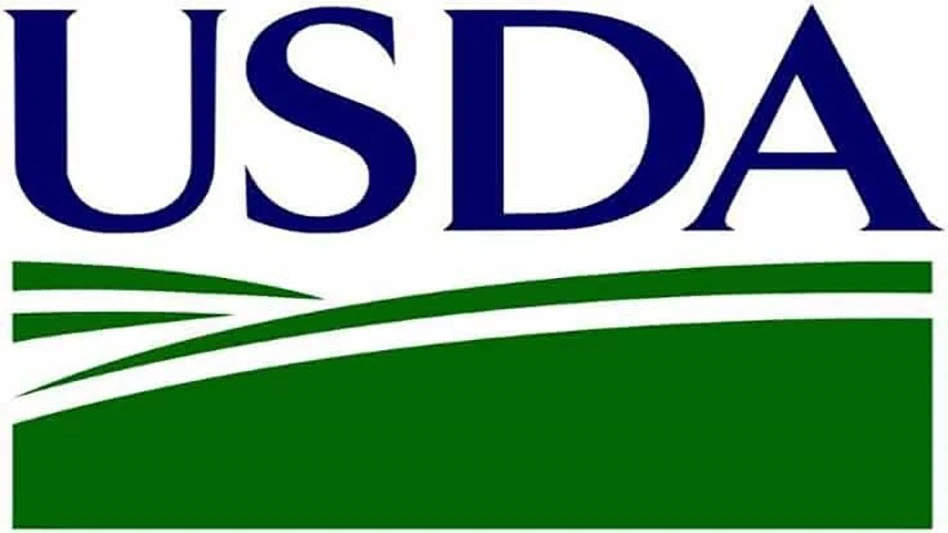
Logo courtesy of USDA
The
United States Department of Agriculture’s Animal and Plant Health Inspection
Service (APHIS) began testing randomly selected imported Pelargonium (geranium)
plant material on Sept. 27, 2021, for the bacterial pathogen Ralstonia
solanacearum at Plant Protection and Quarantine’s Plant Inspection
Stations located at major ports of entry. On Sept. 26, 2022, APHIS will
further refine the Pelargonium testing program by using a commercially
available test for Ralstonia solanacearum, race 3, biovar 2.
Because
plants and cuttings infected with Ralstonia solanacearum can remain
asymptomatic for some time, visual inspection could miss infected plants. The
technology used for this new testing is sensitive enough to detect Ralstonia
solanacearum, race 3 biovar 2, in symptomatic and asymptomatic
plants. The testing will add a powerful safeguarding measure to our rigorous
offshore certification programs, which are designed to minimize a commodity’s
plant pest risk before it ships. It will also provide enhanced protection to
the U.S. greenhouse industry and to several important agricultural crops, such
as potatoes, tomatoes and eggplant, against this pathogen.
When a
shipment is randomly selected for testing, plant samples will be secured during
the visual phytosanitary inspection. Testing will commence the same day if time
allows or be scheduled to start at the beginning of the following business day.
The testing may increase the shipment’s time on hold by approximately eight to 24
hours. The delay can be minimized if shipments arriving early in the morning
are able to be locally scheduled for same day testing. Plant Inspections
Stations and brokers will communicate and work locally for scheduling purposes.
The number of plants that APHIS tests will depend on the shipment’s
size. APHIS will not test more than 298 cuttings in a shipment. Pelargonium cuttings that are tested will
be destroyed.
Regulatory action
will be taken on an entire Pelargonium shipment in the event that at
least one plant cutting tests positive for Ralstonia solanacearum, race
3 biovar 2.
USDA
considers Ralstonia solanacearum, race 3 biovar 2, a plant pathogen of
quarantine concern because of its potential to cause serious harm to U.S.
agriculture. It causes plant diseases such as brown rot of potato, bacterial
wilt of tomato and eggplant, and southern wilt of geranium. It can be
transmitted through contaminated water, soil and equipment, or by people’s
inadvertent actions. Fortunately, it is not harmful to people or animals.
Using
advanced technology to detect harmful pathogens is the latest effort taken by
APHIS to ensure that the U.S. horticultural and potato industries are protected
from potential invasive and economically devastating plant pests.
For more
information about the Ralstonia program, please visit USDA
APHIS | Ralstonia.
For
additional information regarding Ralstonia solanacearum testing,
please email david.a.hanken@usda.gov.
Latest from Greenhouse Management
- Anthura acquires Bromelia assets from Corn. Bak in Netherlands
- Top 10 stories for National Poinsettia Day
- Langendoen Mechanical hosts open house to showcase new greenhouse build
- Conor Foy joins EHR's national sales team
- Pantone announces its 2026 Color of the Year
- Syngenta granted federal registration for Trefinti nematicide/fungicide in ornamental market
- A legacy of influence
- HILA 2025 video highlights: John Gaydos of Proven Winners





